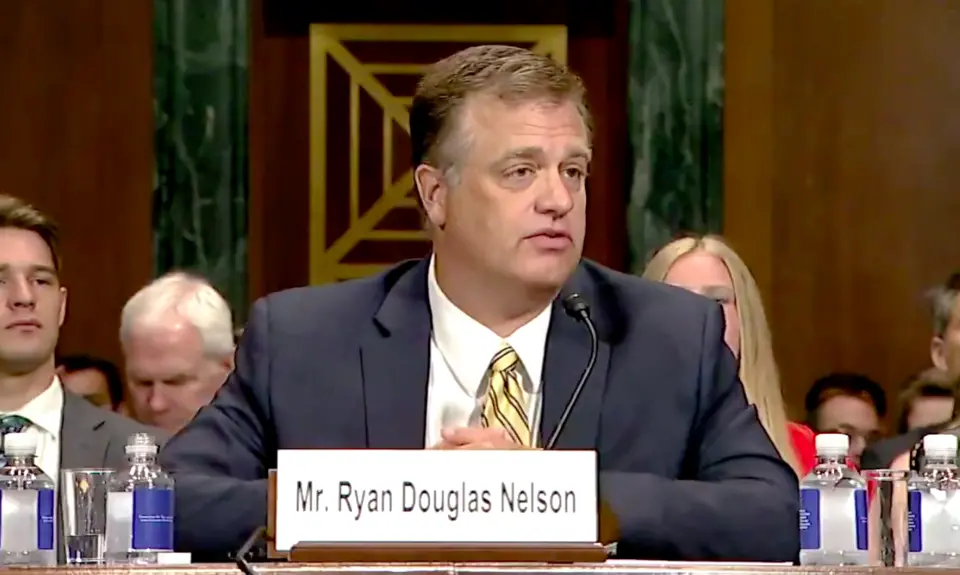“Confirmed Judges, Confirmed Fears” is a blog series documenting the harmful impact of President Trump’s judges on Americans’ rights and liberties. Cases in the series can be found by issue and by judge at this link.
In January in a 2-1 decision, Trump Ninth Circuit judge Ryan Nelson cast the deciding vote to deny a spousal visa despite well-settled interpretation of the immigration statute. The case is Tovar v. Zuchowski.
Maria Tovar, a Mexican citizen, came to the United States in 1998, when she was six years old. In 2004, Tovar was a victim of a crime and helped law enforcement prosecute the criminal activity. In 2013, she sought a U visa, a type of nonimmigrant visa offered to foreign individuals who have suffered mental or physical abuse and agree to help law enforcement prosecute against that criminal activity. Recipients are allowed to petition for qualified family members to join them in the U.S.
In 2015, fewer than two weeks after she got married, Tovar received her U visa. Several months later, Tovar applied for a derivative U visa for her husband, who is also a Mexican citizen, as her “accompanying, or following to join” spouse. The United States Citizenship & Immigration Service (USCIS) denied her husband’s derivative visa on the grounds that she was not married when she applied for her U visa.
Tovar appealed USCIS’ decision in district court, arguing that although the phrase “accompanying, or following to join” was not defined by Congress in the statute, it has an established meaning. Congress has never limited spousal or familial eligibility to the date of the visa application. The government sought summary judgment, asserting that Tovar and her husband did not meet the meaning of “accompanying, or following to join” per USCIS’ reading because at the time of her initial application, a spousal relationship did not exist between Tovar and her now-husband. The district court agreed with the government. Tovar appealed.
With Nelson as the deciding vote, the majority affirmed the district court’s ruling.
Judge Watford strongly disagreed in dissent. He explained that the well-settled meaning of “accompanying, or following to join” has been used in immigration provisions since the 1920s and with respect to spouses, it has consistently been construed to mean that the marital relationship must exist when the application is granted, not when the application is filed.
